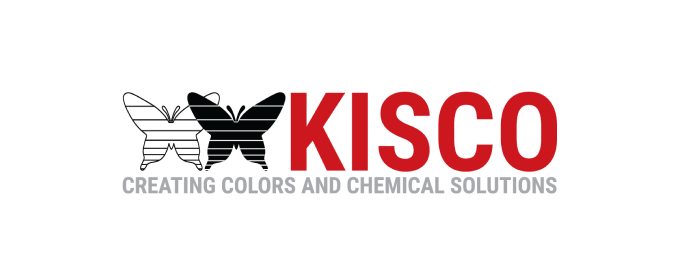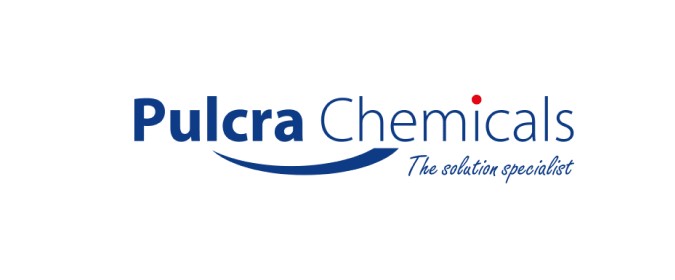Who We Are
Sustainable Chemistry for the Textile Industry (SCTI) is a not-for-profit organization founded in 2020.
Our six founding members – Archroma, CHT Group, Kyung-In Synthetic Corporation (KISCO), Pulcra Chemicals, Rudolf Group and Tanatex Chemicals – are market leaders who are committed to drive collaboration to achieve sustainable and safe practices for workers, communities, environment and consumers.
We firmly believe that industry collaboration is key to achieving sustainability goals successfully and efficiently. We seek to complement existing efforts that are directed at the elimination of hazard chemicals with practices to reduce emissions and resource consumption, based on chemical knowledge and expertise.
In 2022, SCTI teamed up with bluesign to create the Sustainable Chemistry Index (SCI), a first-of-its-kind index that enables stakeholders to assess the sustainability of textile chemical products. Adopting a harmonized and forward-looking methodology, SCI will enable the value chain to build on chemical compliance management and focus on delivering sustainability attributes.






Team
SCTI is led by an Executive Committee comprising top leaders from the member companies to ensure strong and focused implementation of SCTI’s goals. They are supported by multigroup workstreams comprising experts from member companies.
Guiding Principles
By consolidating the landscape of sustainable chemistry, we make it easier for the industry to navigate the complex world of textile production and make choices that support their sustainability goals.

We are committed to providing clear and accessible information to the industry about the chemical processes used in textile production. By doing so, we empower the value chain to make informed decisions that align with their values.

We take a comprehensive approach to sustainable chemistry, considering the entire lifecycle of textile chemicals and textile production. This means not only focusing on reducing the environmental impact of production but also ensuring that workers are treated fairly and that products are safe for the environment and consumers.

Our collaborative approach ensures that we work closely with stakeholders, understanding their unique needs and challenges in an inclusive manner. We believe that by working together, we can find innovative solutions to complex problems.
